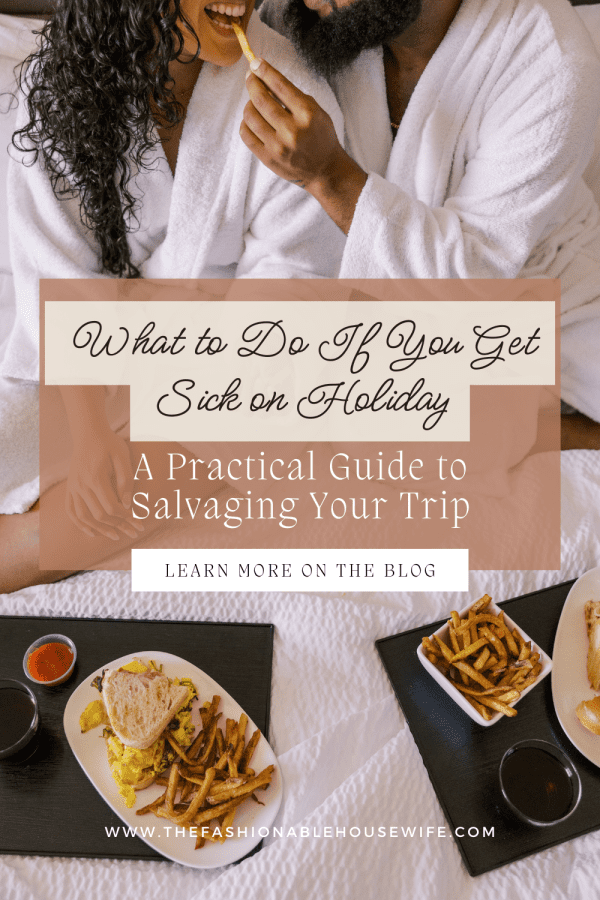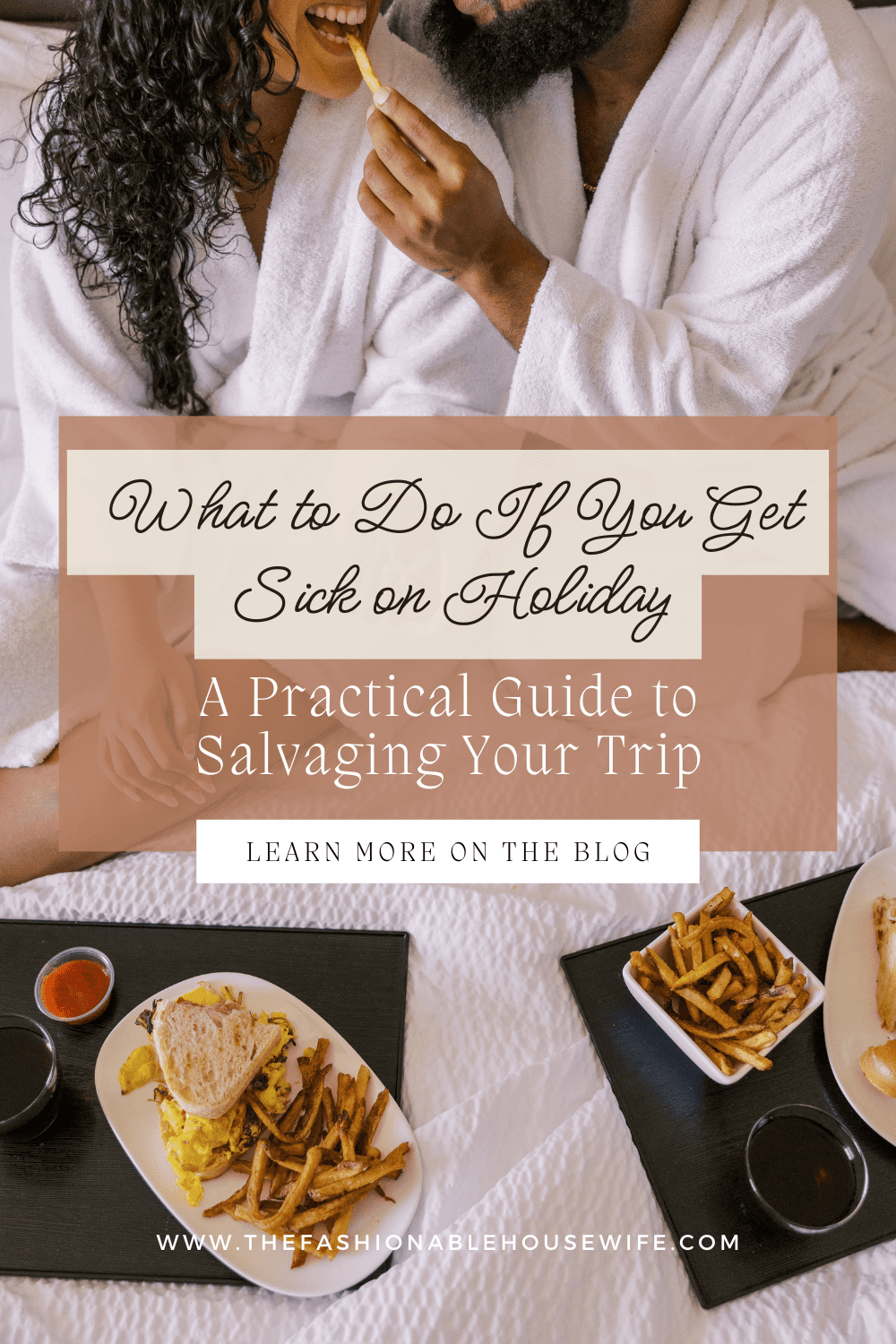What to Do If You Get Sick on Holiday: A Practical Guide to Salvaging Your Trip

Holidays are a time to relax, learn, and make joyful memories. And then, just when things are fine, illness surfaces and is going to ruin everything. It might be a fever, a bug, or a nasty cold. Being prepared can be the difference between having a holiday ruined and one that will be remembered despite all.
Identify the Signs Early
The initial step is to listen to the way the body feels. Fatigue, strange pains, or ongoing nausea are red flags that something is amiss. To ignore them in an attempt to pack more into the schedule can exacerbate the problems. Resting at first does tend to avoid the complete health collapse.
Rest and Comfort First
Travel buzz can make it hard to resist the urge to power on through, but sleep is not a luxury. Rescheduling to a more leisurely pace lets the body heal that much quicker. Selecting a relaxing ambience to sleep is even more crucial, so if the schedule involves a place like accommodation Caloundra, taking advantage of its amenities—soft beds, quiet rooms, or even a balcony with an ocean breeze—can make sleep a relaxing aspect of the journey and not a letdown.
Get Credible Medical Help
Seeking medical help in a hurry is essential once signs become alarming. Searching for a “medical centre near me” from a phone or map program can direct visitors to clinics, pharmacies, or nearby hospitals. When overseas, the hotel reception or tourist information centre is generally a great place to discover tested healthcare practitioners. Having access to quality care provides one with peace of mind and the highest chance of a speedy recovery.
Store Essentials Nearby
This lightweight travel health kit is a godsend. Fill it with must-haves to cure common ailments and avoid those middle-of-the-night pharmacy trips. Some must-haves to stock include:
- Pain relievers and fever reducers
- Antihistamines for allergies
- Electrolyte packets for rehydration
- Band-aids and antiseptic wipes
- Hand sanitizer and tissues
Having them on hand minimizes anxiety when sickness hits when least anticipated.
Stay Hydrated and Well-Nourished
Sickness will normally be accompanied by dehydration risk, and especially in hot or dry climates. Drink water at regular intervals, take rehydration salts if you need to, and avoid caffeine and alcohol. Eat light-to-digest foods—steamed vegetables, broths, plain rice—that will soothe the stomach but will provide energy.
Restructure the Itinerary
Missing out on some things is a disappointment, but switching to low-energy activities can rescue the vacation. Substitute one day of marathon trekking with a drive, or trade late night adventures for a relaxing, peaceful beach picnic at dusk. Slow travel activities have a tendency to be extremely captivating.
Engage with Traveling Companions
Travel together involves reciprocal individual recovery alongside collective travel itineraries. Honesty about boundaries prevents misunderstandings and allows companions to venture out alone while the sick traveler recovers. Meeting spots or low-key outings that can be shared can brighten all travelers’ moods.
Protect Others
No one wants to be the germ-transmitters who infect all others on their way home. Exercise consideration for others—wash your hands frequently, cover your mouth when you sneeze or cough, and keep other people at arm’s length until your symptoms pass. It is a small act that can make a big difference for fellow commuters.
Pay Attention to the Body’s Threshold
Even with symptoms, pacing is required. We must not dive straight into full activity, otherwise, we risk a relapse. Gradually increasing the energy, however, enables the rest of the holiday to be enjoyed without interruption.
Illness on vacation never makes it onto the travel plan, but it needn’t become the highlight of the vacation. The quick thinking, the careful improvisation, and the skill to scale it back can make it possible to incorporate even the unexpected detour into the vacation story to maintain.

